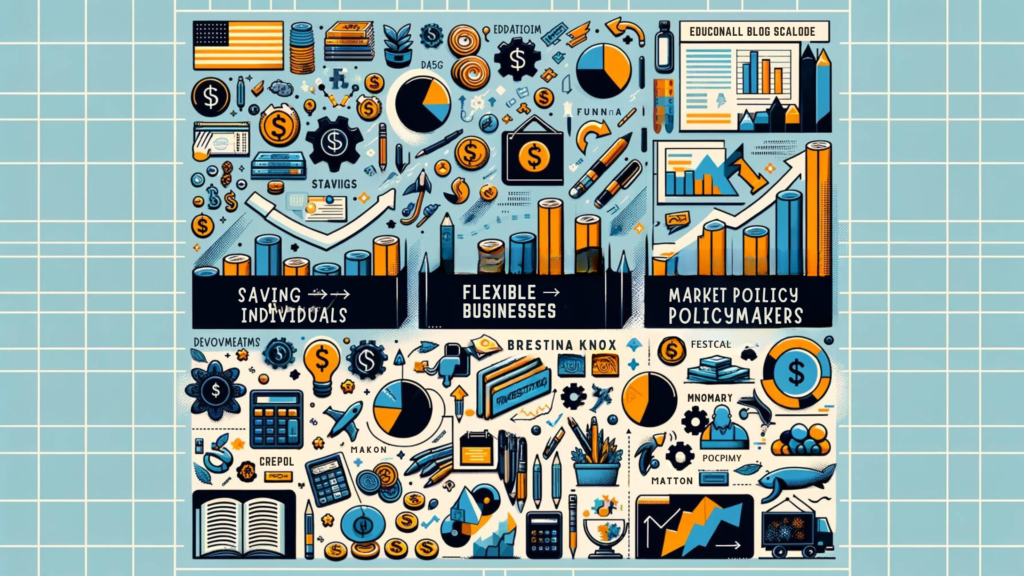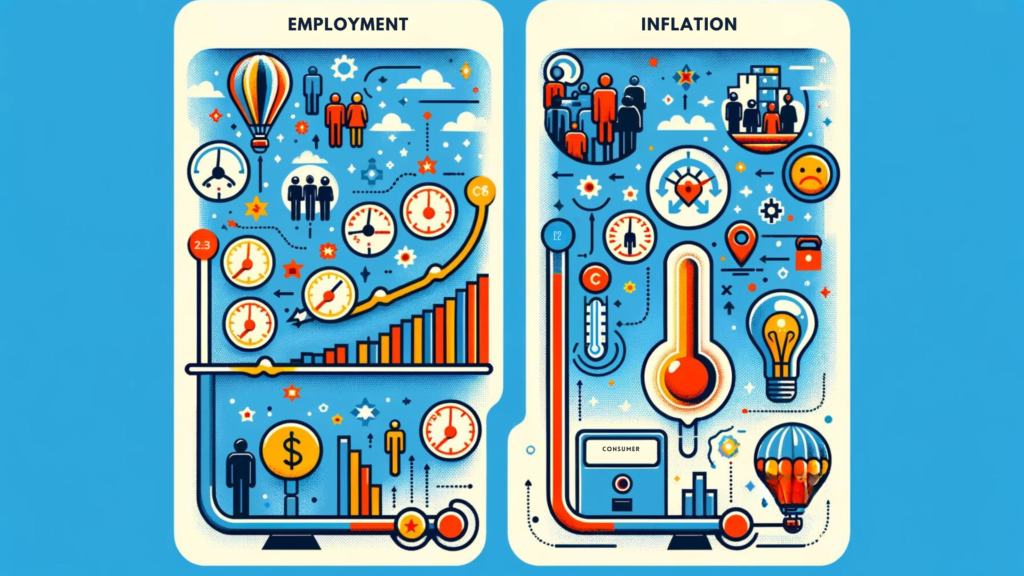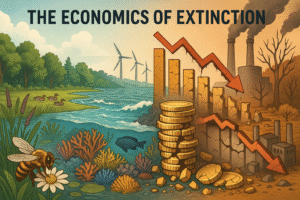Welcome to the Second Part of Our Two-Part Series: Economic Cycles: Effects & Navigation Strategies (II)
Welcome to the second installment of our series on economic cycles. In Part I, “Economic Cycles Demystified (I)”, we explored the phases of economic cycles and the forces driving them. Now, we delve into the tangible effects these cycles have on various aspects of the economy and society, and how individuals, businesses, and policymakers can navigate these changes effectively.
The Impact of Economic Cycles
Economic cycles wield significant influence over employment, inflation, consumer and business confidence, government budgets, the stock market, long-term growth, and social well-being. Let’s explore these effects in more detail.
On Employment and Inflation
- Employment: During expansion phases, companies hire more workers to meet increased demand, reducing unemployment rates. Conversely, contractions often lead to job losses as businesses cut costs.
- Inflation: Expansions can lead to inflation as demand for goods and services outstrips supply. During contractions, demand wanes, sometimes causing prices to fall, which can lead to deflation.

Consumer and Business Confidence
Economic cycles significantly affect confidence levels. High confidence during expansions spurs spending and investment. In recessions, fear of economic downturn leads to decreased spending and investment, exacerbating economic woes.
Government Budgets and the Stock Market
- Government Budgets: Expansions increase tax revenues and decrease welfare spending, often leading to budget surpluses. Recessions reverse this trend, reducing tax income and increasing spending on social services.
- Stock Market: Reflecting the broader economy, the stock market tends to rise during expansions and fall during contractions. Investor sentiment often mirrors the current phase of the economic cycle.
Long-Term Growth and Social Impact
- Long-Term Growth: While cycles represent short- to medium-term fluctuations, their effects can influence long-term economic growth through changes in investment, innovation, and capacity utilization.
- Social Impact: Recessions can exacerbate poverty, inequality, and social unrest, while expansions generally lead to improvements in living standards and reductions in poverty.
Navigating Economic Cycles
Understanding the cyclical nature of the economy is crucial for developing strategies to mitigate adverse effects and seize opportunities.

Strategies for Policymakers
Policymakers can use fiscal and monetary tools to dampen the extremes of economic cycles, such as adjusting interest rates, changing tax rates, and modifying government spending to stabilize the economy.
Implications for Businesses and Investors
- Businesses should plan for cyclical fluctuations by managing debt wisely, diversifying offerings, and maintaining flexibility in operations and staffing.
- Investors can mitigate risk by diversifying their portfolios, staying informed about economic indicators, and adopting a long-term perspective.
Conclusion: Empowerment Through Knowledge
Understanding economic cycles empowers stakeholders to make informed decisions that can mitigate risks and capitalize on opportunities. As individuals, businesses, and policymakers navigate these cycles, the insights gained from both parts of this series can serve as a valuable guide through the complexities of the economic landscape.
We hope this exploration of economic cycles has illuminated their profound impact and offered strategies for navigating their effects. Stay informed, stay prepared, and look forward to a future where economic fluctuations are not just challenges to endure but opportunities to thrive.
Author’s Note
Thank you for joining us on this journey through the intricacies of economic cycles. It’s been a pleasure to shed light on these critical aspects of our economy and provide tools for understanding and navigating the inevitable shifts. Your engagement and curiosity drive us to delve deeper into these topics, and we look forward to exploring more areas of economics together.
G.C., Ecosociosphere contributor.
References and Further Reading





Comments
Thanks for sharing. I read many of your blog posts, cool, your blog is very good.
Thanks for sharing. I read many of your blog posts, cool, your blog is very good.
Your article helped me a lot, is there any more related content? Thanks!